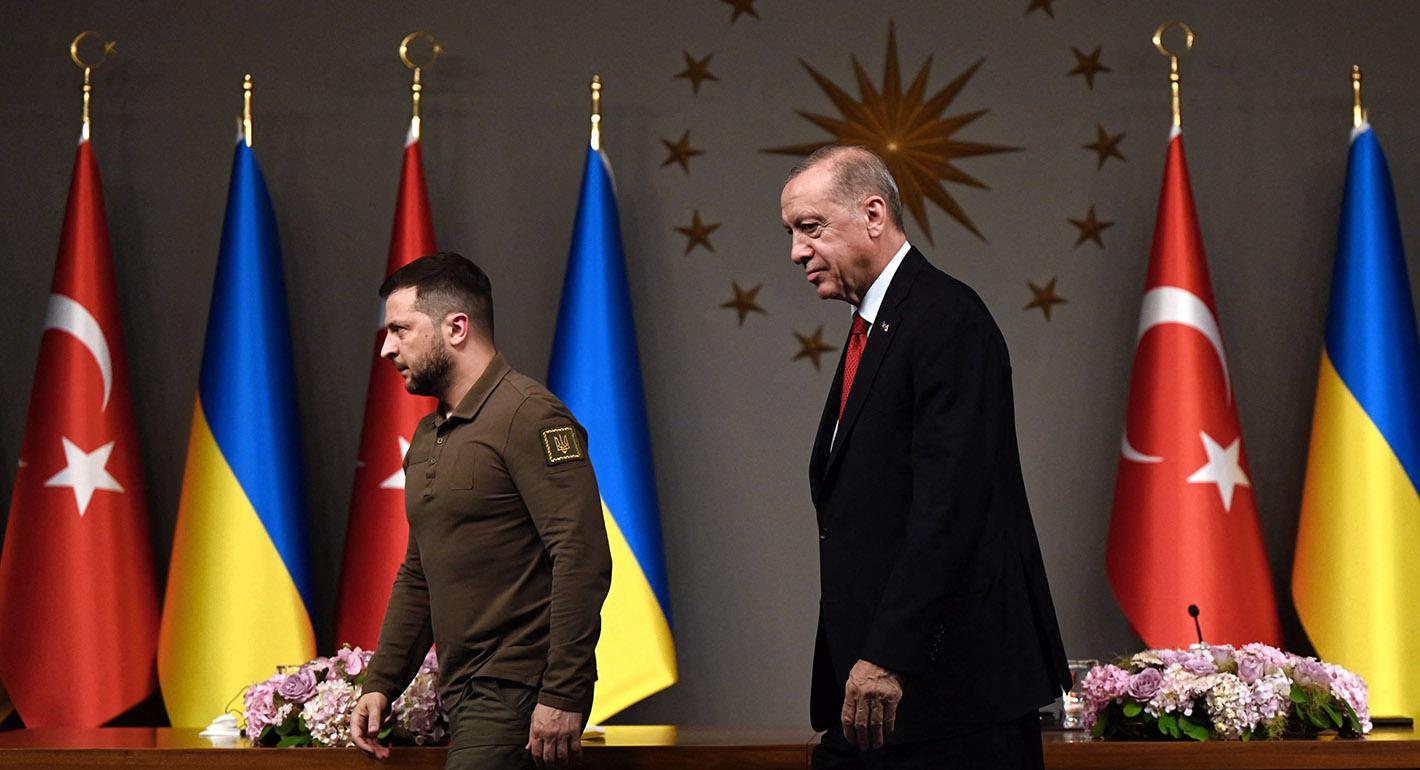Turkey: Key is with the prosecutors, judges
This year will be very important for a change of mentality in the judiciary.
The reason for this is that the key that will open the door of the EU for Turkey is totally in the hands of the judiciary.
Turkey, indeed, has undergone a radical process of legal reforms, most of which were considered untill a while ago as "impossible." On paper, Turkey has completed conformity with the Copenhagen criteria. When looked from the outside, no one could even imagine such gigantic steps could be taken. Those who were against Turkey attaining the EU norms and take its place among the league of modern nations were saying "Turks anyhow will not be able to fulfill these." Therefore they were confident that no date would be given to Turkey.
All of them were proved wrong… Indeed amazed with the developments.
Now, all attention has focused on the application of reforms.
We have started hearing comments that "In the past Turkish governments always deceived us. They pledged reforms, legislated the laws, then did not move an inch. The reforms were left on paper all the time."
The attention of the EU has turned on to see whether the reforms legislated would be put into application or not. If ever a wrong implementation was seen, they will turn to us and say "You see, reforms were left on paper again."
This is the key…. The applications of the reforms.
If the prosecutors and judges adopt to change, follow up the changes, the problem will be over. Otherwise, all the efforts will be spoiled and a golden historical opportunity will slip away from the hands of Turkey.
On paper, laws may appear nice and clear. But, eventually these reforms will be interpreted and transfromed into practice by the prosecutors and judges. If the same law is interpreted one way by a judge on one end of the country and the other way by a judge on the other end of the country, everything will be derailed and become unmanageable again.
If one way of avoiding this is training the Court of Cassation, the other way is to harmonize the judges and prosecutors with the new mentality.
***
The fantastic "Feb. 28" serial of daily Vatan
I am following with great interest and with some envy the "Feb. 28" serial that Bilal Cetin wrote and is being published in daily Vatan. It is clear that the serial is based on good sources, otherwise it would not be written by Bilal Cetin.
The Feb. 28 process is worth examining from all aspects. It would be wrong to evaluate it as an attempt by the military to intervene in the administration of the country.
To what extent the Feb. 28 intervention was necessary?
Were we really facing a great threat, or did we come to that point as a result of a series of incapabilities of the Welfare Party (Refah).
The days leading to Feb. 28 were confusing. Nobody could sort out the rights and wrongs. The speeches he made, foreign trips and general approach to issues irritated a lot the secularist circles. When the so-called "green capital", Islamic foundations and organizations added to that, everything got out of hand.
Feb. 28 incident is still a controversial issue but the impacts of it are still being felt.
That intervention brought together with it two developments.
One of them is that it become clear for the slamists of the country that no one could make politics in Turkey in the name of Islam and that there were thick red lines in this issue. Thus Refah divided amd the Justice and Development Party (Ak Party) came to being.
The other was the need to put a limit on the efficiency of the military and its power to get things done. Turkey could not enter the EU as such and this was understood.
In short, from wherever one may look at Feb. 28, it was the end of an era: The era of having Refah-like politics, and military having the power to shape daily life in the country.
Turkey is rapidly changing and everyone, willingly or unwillingly, must keep pace with the changes.


